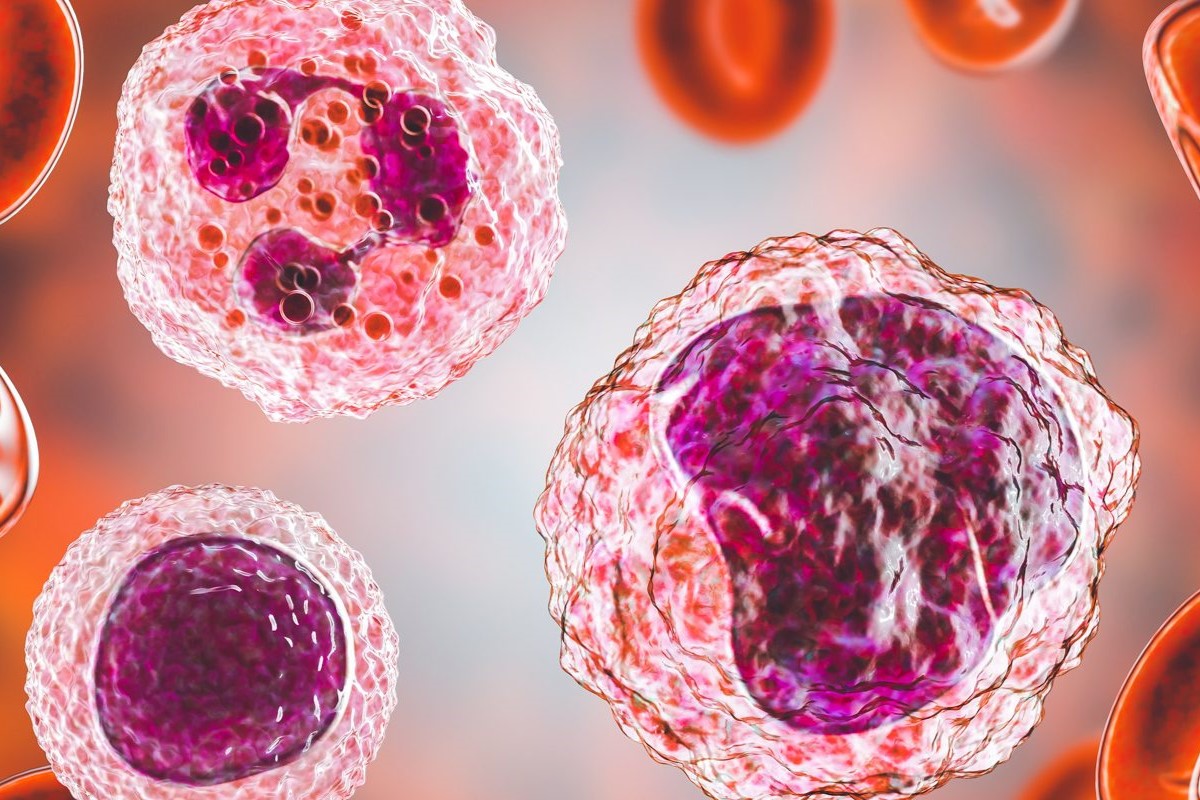
What exactly is the inflammatory response? It's your body's way of fighting off harmful invaders like bacteria, viruses, or even injuries. Imagine a superhero squad rushing to the scene to save the day. This process involves a series of steps where your immune system sends out cells to tackle the problem. Inflammation can be a double-edged sword, though. While it helps heal wounds and fight infections, chronic inflammation can lead to diseases like arthritis or heart problems. Understanding this natural defense mechanism is crucial for maintaining good health. Let's dive into 27 intriguing facts about how your body battles threats through inflammation.
What is Inflammatory Response?
Inflammatory response is the body's way of protecting itself from harmful stimuli, such as pathogens, damaged cells, or irritants. This complex biological response involves immune cells, blood vessels, and molecular mediators. Let's dive into some fascinating facts about this crucial process.
-
Inflammation is a Defense Mechanism: The primary purpose of inflammation is to eliminate the initial cause of cell injury, clear out damaged cells, and establish tissue repair.
-
There are Two Types of Inflammation: Acute inflammation is short-term and usually resolves quickly, while chronic inflammation can last for months or even years, potentially leading to various diseases.
-
Redness and Heat: These symptoms occur because blood flow increases to the affected area, bringing more immune cells to fight off the invaders.
-
Swelling: Swelling happens when fluid accumulates in tissues as part of the inflammatory response, helping to isolate the harmful stimuli.
-
Pain: Pain is caused by the release of chemicals like prostaglandins and bradykinin, which stimulate nerve endings.
Key Players in Inflammatory Response
Several cells and molecules play vital roles in the inflammatory process. Understanding these key players can help us appreciate the complexity of inflammation.
-
White Blood Cells: Neutrophils, macrophages, and lymphocytes are types of white blood cells that rush to the site of injury or infection.
-
Cytokines: These small proteins act as signaling molecules, coordinating the immune response by attracting immune cells to the site of inflammation.
-
Histamines: Released by mast cells, histamines increase the permeability of blood vessels, allowing immune cells to reach the affected area more easily.
-
Prostaglandins: These lipid compounds have various roles, including causing fever, pain, and inflammation.
-
Complement System: This group of proteins enhances the ability of antibodies and phagocytic cells to clear microbes and damaged cells.
Triggers of Inflammatory Response
Various factors can trigger an inflammatory response. Knowing these triggers can help in managing and preventing excessive inflammation.
-
Pathogens: Bacteria, viruses, fungi, and parasites can all trigger inflammation as the body attempts to fight off these invaders.
-
Injuries: Physical damage to tissues, such as cuts, burns, or fractures, can initiate an inflammatory response.
-
Toxins: Exposure to harmful chemicals or toxins can cause inflammation as the body tries to neutralize and eliminate these substances.
-
Autoimmune Reactions: In autoimmune diseases, the immune system mistakenly attacks the body's own tissues, leading to chronic inflammation.
-
Allergens: Allergic reactions occur when the immune system overreacts to harmless substances like pollen, causing inflammation.
Effects of Chronic Inflammation
While acute inflammation is beneficial, chronic inflammation can have detrimental effects on health. Let's explore some of these impacts.
-
Heart Disease: Chronic inflammation can contribute to the development of atherosclerosis, a condition where plaque builds up in the arteries.
-
Diabetes: Inflammation can interfere with insulin signaling, leading to insulin resistance and type 2 diabetes.
-
Cancer: Persistent inflammation can cause DNA damage and promote the growth of cancerous cells.
-
Arthritis: Inflammatory arthritis, such as rheumatoid arthritis, involves chronic inflammation of the joints, causing pain and stiffness.
-
Alzheimer's Disease: Inflammation in the brain is believed to play a role in the development and progression of Alzheimer's disease.
Managing Inflammation
Managing inflammation is crucial for maintaining overall health. Here are some strategies to keep inflammation in check.
-
Anti-inflammatory Diet: Foods rich in antioxidants, omega-3 fatty acids, and fiber can help reduce inflammation. Examples include fruits, vegetables, nuts, and fatty fish.
-
Regular Exercise: Physical activity can help lower inflammation by reducing fat tissue and improving immune function.
-
Adequate Sleep: Poor sleep can increase inflammation, so getting enough rest is essential for keeping inflammation levels low.
-
Stress Management: Chronic stress can elevate inflammation, so practices like meditation, yoga, and deep breathing can be beneficial.
-
Medications: Nonsteroidal anti-inflammatory drugs (NSAIDs) and corticosteroids are commonly used to reduce inflammation.
-
Hydration: Staying well-hydrated helps maintain the body's natural processes, including the regulation of inflammation.
-
Avoiding Smoking and Excessive Alcohol: Both smoking and excessive alcohol consumption can increase inflammation, so avoiding these habits is crucial for reducing inflammation.
Final Thoughts on Inflammatory Response
Understanding the inflammatory response helps us appreciate how our bodies fight off infections and heal injuries. This complex process involves various cells, proteins, and pathways working together to protect us. While inflammation is essential for healing, chronic inflammation can lead to health issues like arthritis, heart disease, and diabetes. Recognizing the signs of inflammation and knowing when to seek medical advice is crucial for maintaining good health.
Simple lifestyle changes, such as a balanced diet, regular exercise, and stress management, can help keep inflammation in check. Staying informed about how our bodies work empowers us to make better health choices. So, next time you get a cut or feel under the weather, remember the incredible process your body is going through to keep you safe and healthy.
Was this page helpful?
Our commitment to delivering trustworthy and engaging content is at the heart of what we do. Each fact on our site is contributed by real users like you, bringing a wealth of diverse insights and information. To ensure the highest standards of accuracy and reliability, our dedicated editors meticulously review each submission. This process guarantees that the facts we share are not only fascinating but also credible. Trust in our commitment to quality and authenticity as you explore and learn with us.


